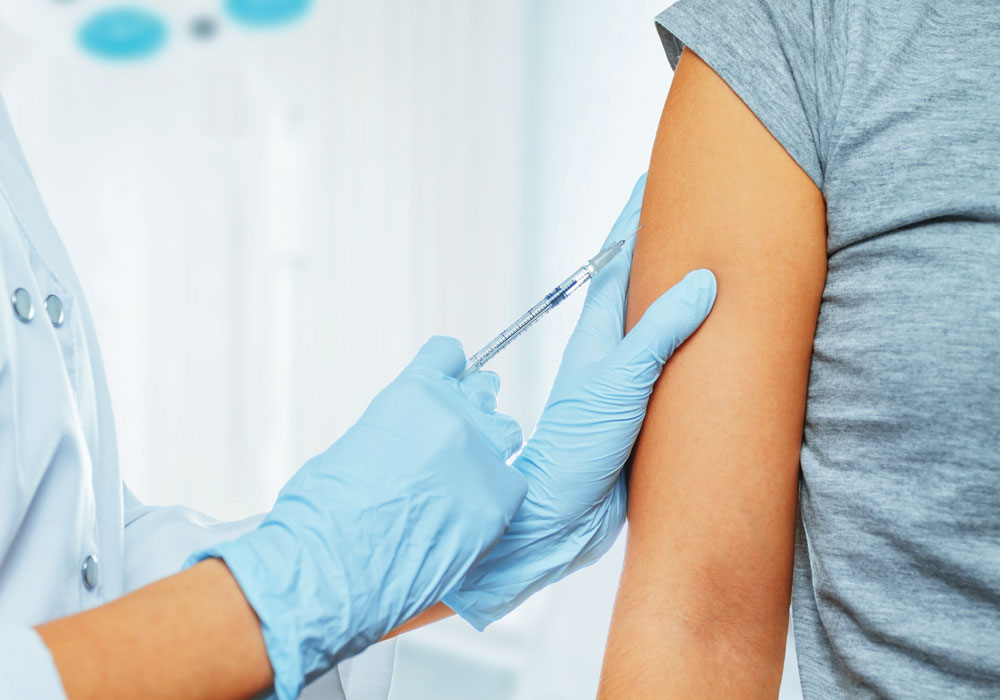New cancer prevention strategies like the human papillomavirus (HPV) vaccine are making waves throughout the United States and around the world. Evidence has shown that the vaccine can help protect against certain cancers such as cervical, anal, oropharyngeal, penile, vulvar, and vaginal in people who receive the vaccine. For the first time ever, the World Health Organization (WHO) has global data outlining HPV coverage in countries across the globe.
According to the data, 90 countries have added HPV vaccines into their national vaccination programs. However, only 13 countries identified were among lower-income countries, areas of the world where citizens have a high risk of contracting HPV and lower levels of access to proper vaccinations.
“Vaccines are one of our most important tools for preventing outbreaks and keeping the world safe,” Tedros Adhanom Ghebreyesus, MD, director-general of WHO, said. “While most children today are being vaccinated, far too many are left behind. Unacceptably, it’s often those who are most at risk—the poorest, the most marginalized, those touched by conflict or forced from their homes—who are persistently missed.”
HPV, a collection more than 200 total viruses, is a pervasive infection that can lead to a number of diseases. HPV types 16 and 18 are linked to 70% of cervical cancers, and five other types account for another 20% of cervical cancers. Worldwide, three vaccines are used to prevent HPV infections, but not all are available or accessible depending on a country’s economic and healthcare factors.
According to the Centers for Disease Control and Prevention’s latest available data, only 51% of U.S. teens received the full HPV vaccination in 2018. Initially recommended to children starting at age 9, HPV vaccination guidelines expanded in 2006 to include young adults up to 26 years old. Some patients older than 26 may also benefit, but consultation with a medical professional is recommended before pursuing vaccination. CDC estimated that HPV vaccines could prevent more than 32,000 cancer cases each year.
Oncology nurses are key to community education and prevention strategies. As experts in the field, nurses are the most trusted healthcare professionals in the United States. They drive prevention, screening, and early detection efforts at home and in their institutions. When nurses speak, people listen.






